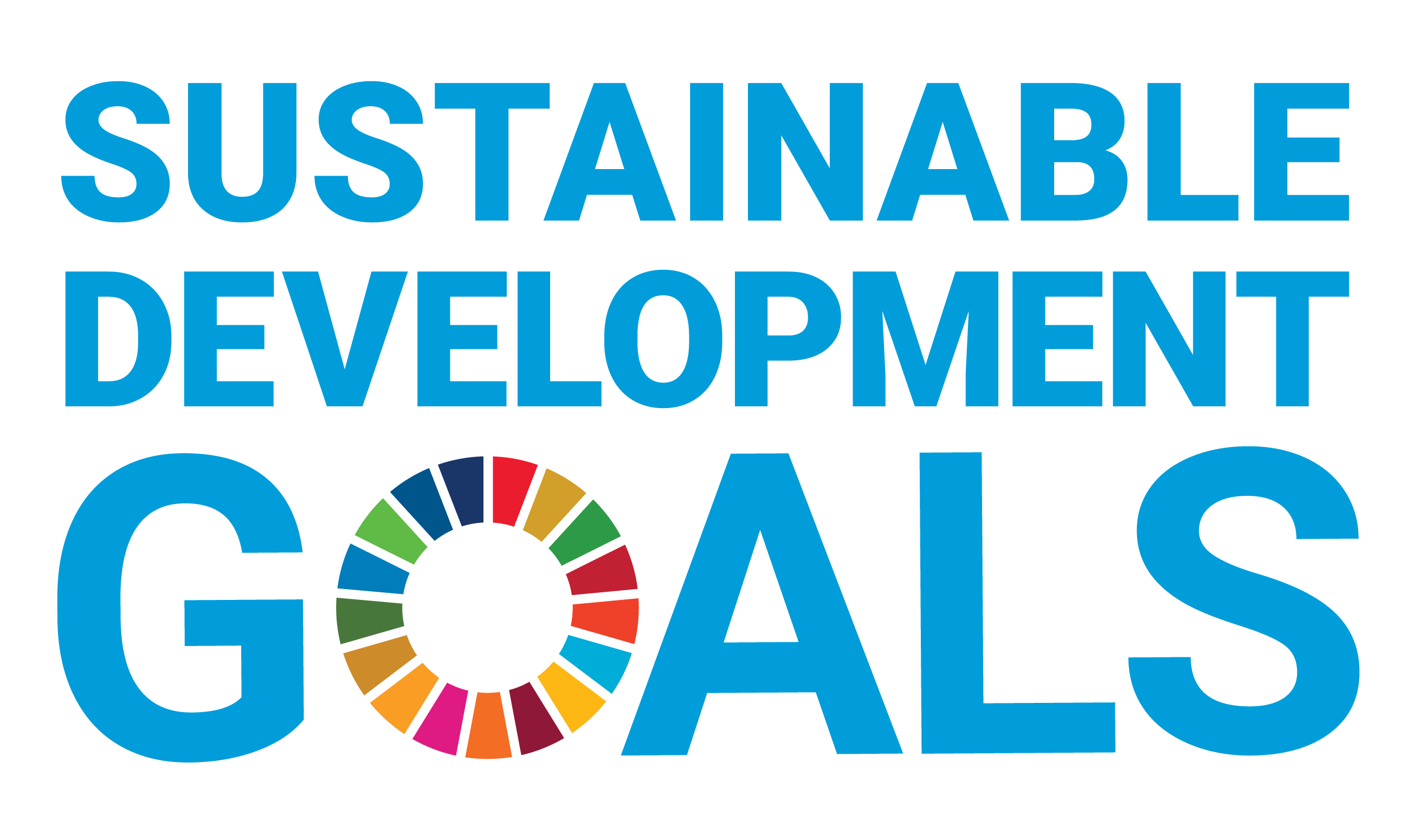Document Type
Article
Publication Date
12-21-2022
Abstract
In devolved governments like the Philippines, local government units (LGUs) must be engaged to develop and coordinate responses to tackle the multisectoral problem of childhood undernutrition. However, current Philippine nutrition interventions, such as decentralized school feeding programs (SFPs), generally rely on the national government, public school teachers, or the private sector for implementation, with mixed results. The central kitchen model for SFPs was developed by 2 Philippine nongovernmental organizations and facilitated large-scale in-school feeding through community multisectoral action. This case study documented coordination processes in February 2018 for 1 urban city and 1 rural province-the model's earliest large-scale implementation sites-that contributed to its institutionalization and sustainability. Data from 24-hour dietary recalls with 308 rural and 310 urban public school students and household surveys with their caregivers showed undernutrition was an urgent problem. Enabling factors and innovative local solutions were explored in focus group discussions with 160 multisector participants and implementers in health care, education, and government, as well as volunteers, parents, and central kitchen staff. The locally led and operated central kitchens promoted community ownership by embedding volunteer pools in social networks and spurring demand for related social services from their LGU. With the LGU as the face of implementation, operations were sustained despite political leadership changes, fostering local government stewardship over nutrition. Leveraging national legislation and funding for SFPs and guided by the Department of Education's standards for SFP eligibility, LGUs had room to adapt the model to local needs. Central kitchens afforded opportunities for scale-up and flexibility that were utilized during natural disasters and the coronavirus disease (COVID-19) pandemic. The case demonstrated empowering civil society can hold volunteers, local implementers, and local governments accountable for multisectoral action in decentralized settings. The model may serve as a template for how other social services can be scaled and implemented in devolved settings.
Recommended Citation
Siy Van, V.T., Siguin, C.P., Lacsina, A.C., Yao, L.F., Sales, Z.G., Gordoncillo, N.P., Advincula-Lopez, L., Sescon, J.T., & Miro, E.D.P. (2022). A Community-Led Central Kitchen Model for School Feeding Programs in the Philippines: Learnings for Multisectoral Action for Health. Global Health: Science and Practice, 10(6). https://doi.org/10.9745/GHSP-D-21-00391
Included in
Development Studies Commons, Dietetics and Clinical Nutrition Commons, Health Policy Commons, Social Welfare Commons



